Description
Copper Sulfate: A Versatile Compound with a Wide Range of Applications
Copper sulfate, also known as cupric sulfate, is a chemical compound with the formula CuSO₄. It’s readily recognizable by its bright blue, crystalline appearance in its pentahydrate form (CuSO₄·5H₂O). But beyond its visual appeal, copper sulfate boasts a versatile nature, finding applications in various industries and everyday tasks.
What is Copper Sulfate?
At its core, copper sulfate is an inorganic compound formed from the reaction of copper oxide with sulfuric acid. The anhydrous (water-free) form is a pale gray-white powder. However, it readily absorbs water molecules from the atmosphere, readily converting to the more familiar blue pentahydrate. The pentahydrate form is the most commonly encountered and commercially available.
Uses and Applications:
The diverse applications of copper sulfate stem from its fungicidal, herbicidal, algaecidal, and antibacterial properties. Here’s a look at some key areas where it’s utilized:
- Agriculture: Copper sulfate is a widely used fungicide in agriculture. It’s effective in controlling fungal diseases affecting crops, fruits, and vegetables. Bordeaux mixture, a fungicide made by combining copper sulfate with lime, has been used for over a century to combat diseases like downy mildew in grapes. It is also used as a soil amendment to correct copper deficiencies in certain regions.
- Aquaculture: In fish farming, copper sulfate is used to control algae and parasites. It helps maintain water quality and prevent diseases that can affect fish populations. However, its use requires careful monitoring to avoid harming the fish themselves.
- Industrial Applications:
- Electroplating: Copper sulfate is a vital component in electroplating processes, used to deposit a thin layer of copper onto other metals. This is used for decorative purposes, improved corrosion resistance, and electrical conductivity.
- Textile Industry: It acts as a mordant in the textile industry, helping dyes adhere to fabrics.
- Pigments: In the past, copper sulfate was used in the production of pigments, although its use in this area has largely been supplanted by safer alternatives.
- Other Industrial Uses: It can be found in adhesives, leather tanning, and various chemical syntheses.
- Medical Applications:
- Veterinary Medicine: Copper sulfate is used in veterinary medicine as a topical treatment for fungal infections in animals, particularly horses and cattle.
- Historically: Although largely replaced by modern treatments, copper sulfate has been used in the past as an emetic (to induce vomiting) and as a topical astringent.
- Household Uses:
- Root Killer: Copper sulfate can be used to kill tree roots that may clog sewer lines. However, its use in this context should be approached with caution and following local regulations, as it can be harmful to the environment.
- Aquarium Algae Control: In controlled environments, copper sulfate can be used to control algae growth in aquariums. Again, careful dosage control is crucial to avoid harming fish and other aquatic life.
Safety Precautions:
While copper sulfate is used in a variety of helpful applications, it’s important to handle it with caution due to its potential toxicity.
- Irritant: Copper sulfate is an irritant to the eyes, skin, and respiratory tract. Direct contact should be avoided.
- Ingestion: Ingestion of copper sulfate can cause nausea, vomiting, abdominal pain, and even more severe complications. Medical attention should be sought immediately if ingested.
- Environmental Concerns: Copper sulfate can be harmful to aquatic life. Its use should be carefully controlled to minimize environmental impact.
- Storage: It should be stored in a cool, dry place, away from children and pets.
Conclusion:
Copper sulfate is a fascinating and versatile chemical compound that plays a significant role in agriculture, industry, and various other sectors. From controlling fungal diseases in crops to facilitating electroplating processes, its unique properties have made it a valuable tool for centuries. However, understanding its potential hazards and following proper safety precautions is crucial when handling this compound. By using copper sulfate responsibly, we can harness its benefits while minimizing the risks associated with its use.



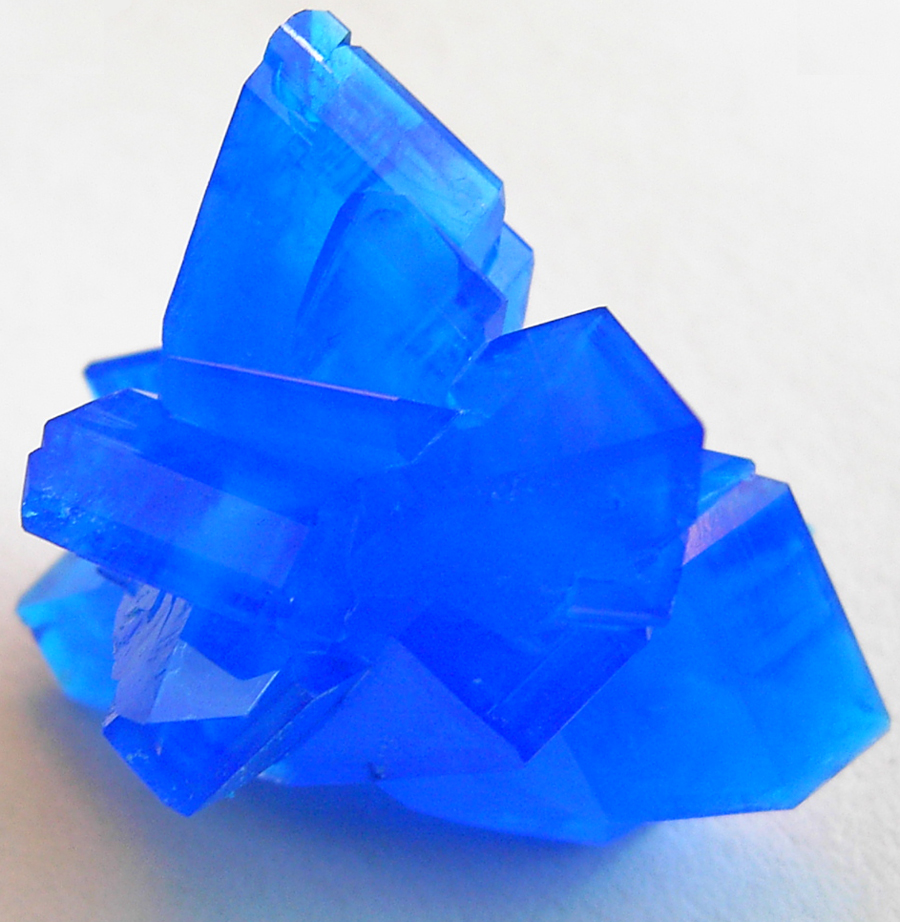
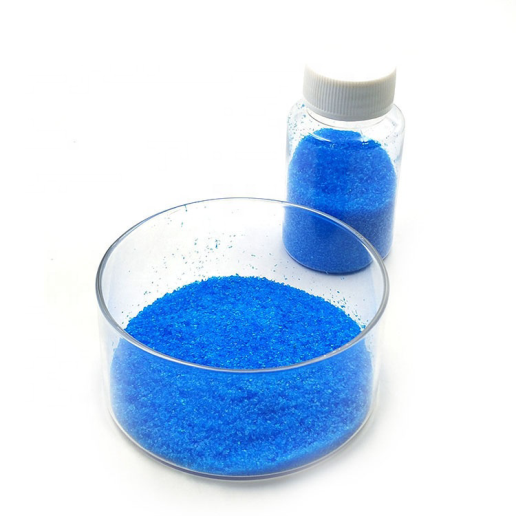
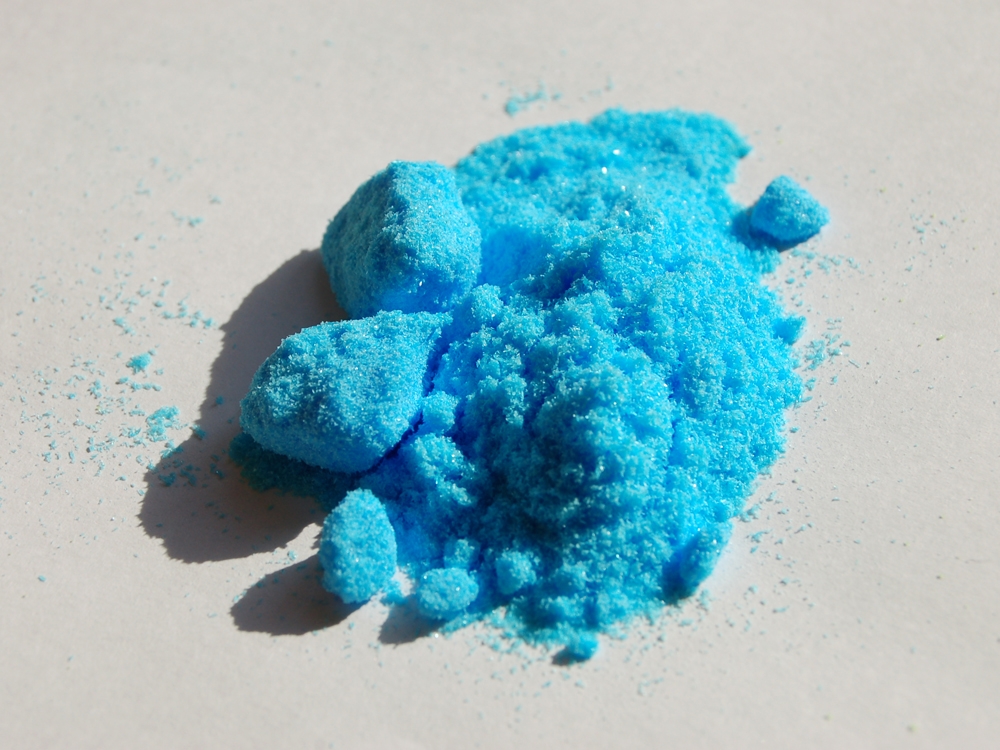

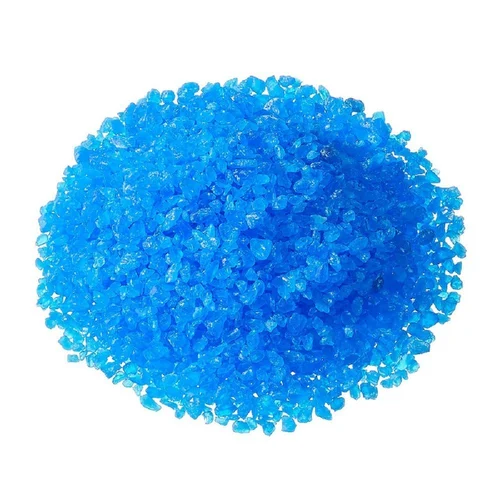


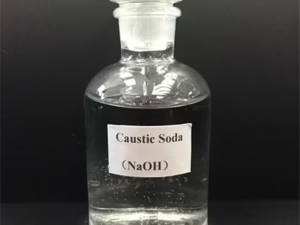



Reviews
There are no reviews yet.